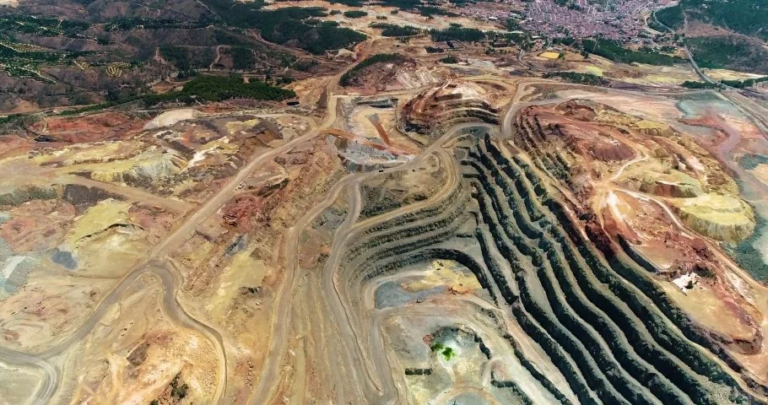In a major breakthrough for the country, the Union Government has announced the discovery of 5.9 million tonnes of lithium reserves in Jammu and Kashmir for the first time. Lithium, a non-ferrous metal, is one of the key components in electric vehicle (EV) batteries, making this discovery significant for the future of the EV industry in India.
The Geological Survey of India (GSI), established in 1851, has formulated 115 projects on strategic and critical minerals and 16 projects on fertiliser minerals, with a focus on providing impartial and up-to-date geological expertise and geoscientific information. The discovery of lithium reserves was made through ground surveys, air-borne and marine surveys, mineral prospecting and investigations, multi-disciplinary geoscientific studies, and fundamental research.
In addition to the lithium discovery, 51 mineral blocks, including gold, were handed over to respective state governments, with 17 reports of coal and lignite resources also handed over to the Ministry of Coal. The GSI is also taking up 55 programs on geoinformatics, 140 programs on fundamental and multidisciplinary geosciences, and 155 programs for training and institutional capacity building.
This significant discovery of lithium reserves highlights the importance of the work being carried out by the Geological Survey of India and the potential for further discoveries of valuable minerals in the country.



